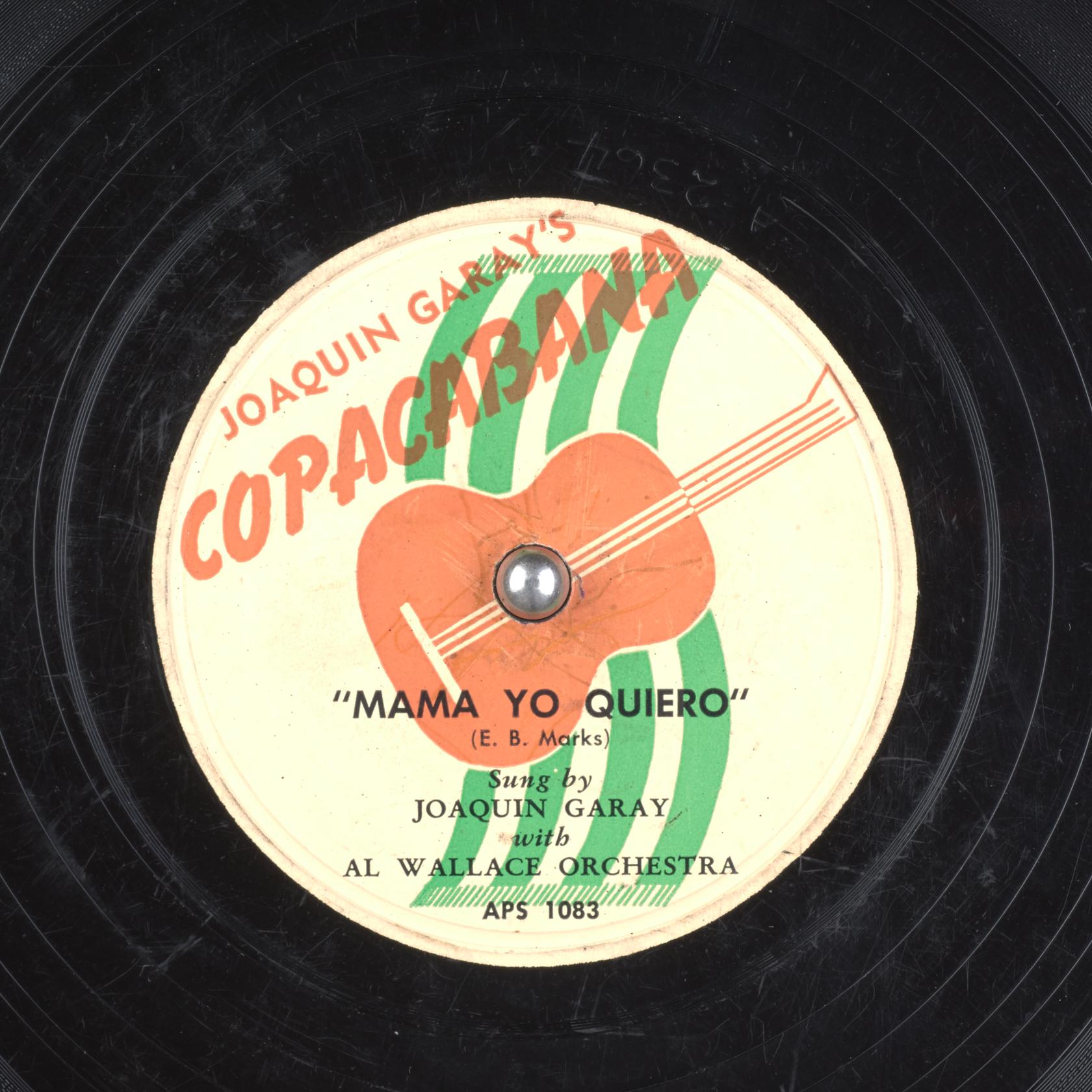 By working together, libraries who are digitizing their collections can minimize duplication of effort in order to save time and money to preserve other things. This month we made progress with 78rpm record collections.
By working together, libraries who are digitizing their collections can minimize duplication of effort in order to save time and money to preserve other things. This month we made progress with 78rpm record collections.
The goal is to bring many collections online as cost effectively as possible. Ideally, we want to show each online collection as complete but only digitize any particular item once. Therefore one digitized item may belong virtually to several collections. We are now doing this with 78rpm records in the Great 78 Project.
It starts with great collections of 78s (18 contributors so far). For each record, we look up the record label, catalog number, and title/performer, to see if we have it already digitized. If we have it already, then we check the condition of the digitized one against the new one– if we would improve the collection, we digitize the new one. If we do not need to digitize it, we add a note to the existing item that it now also belongs to another collection, as well as note where the duplicate physical item can be found.
For instance, the KUSF collection we are digitizing has many fabulous records we have never seen before including sound effect records. But about half are records we have digitized better copies of before, so we are not digitizing most of those. We still attribute the existing digital files to the KUSF collection so it will have a digital file in the online collection for each of their physical discs.
It takes about half the time to find a record is a duplicate than to fully digitize it, and given that we are now seeing about half of our records not needing to be digitized, we are looking for ways to speed this up.
OCLC has many techniques to help with deduplication of books and we are starting to work with them on this, but for 78s we are making progress in this way. Please enjoy the 78s.
Thank you to GeorgeBlood L.P., Jake Johnson, B. George, and others.